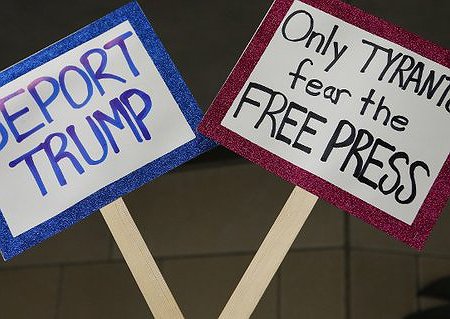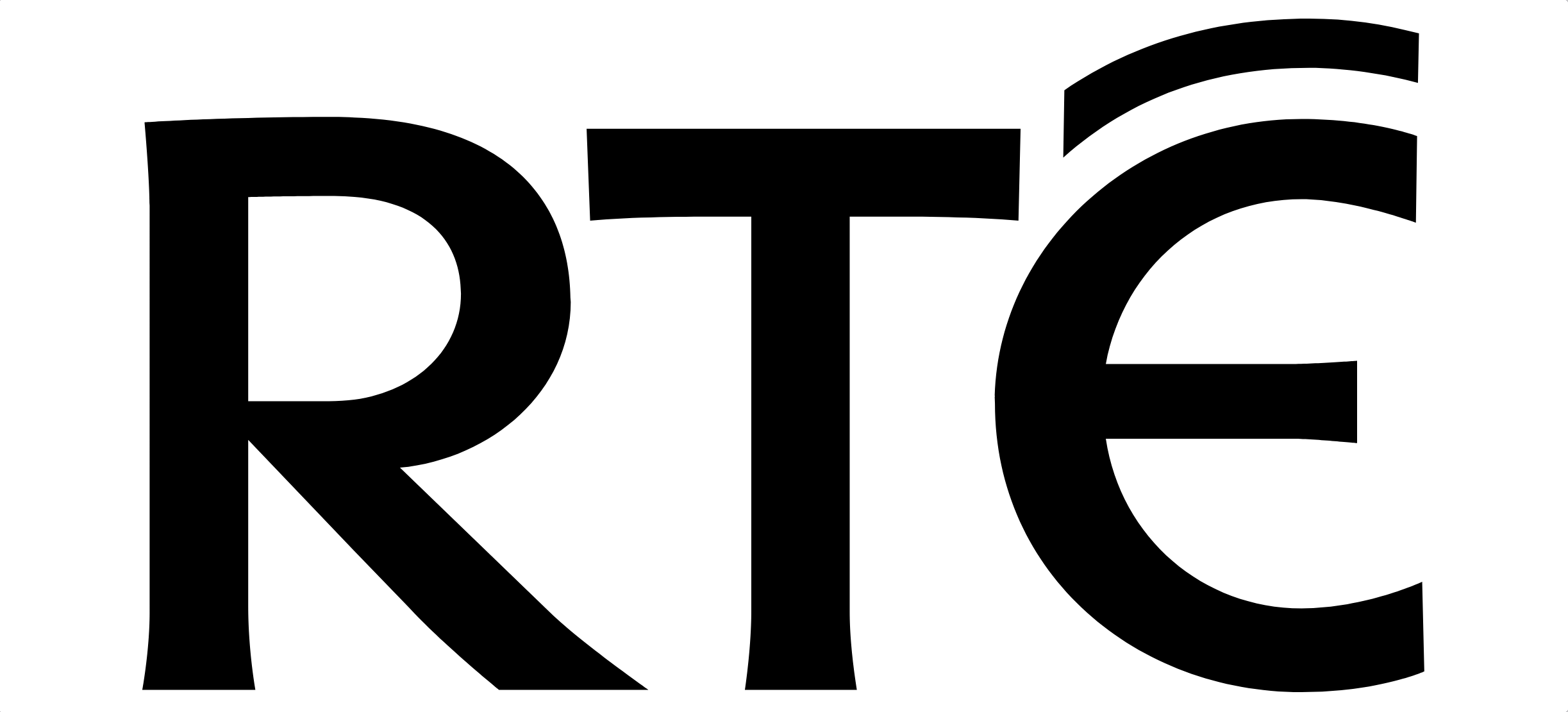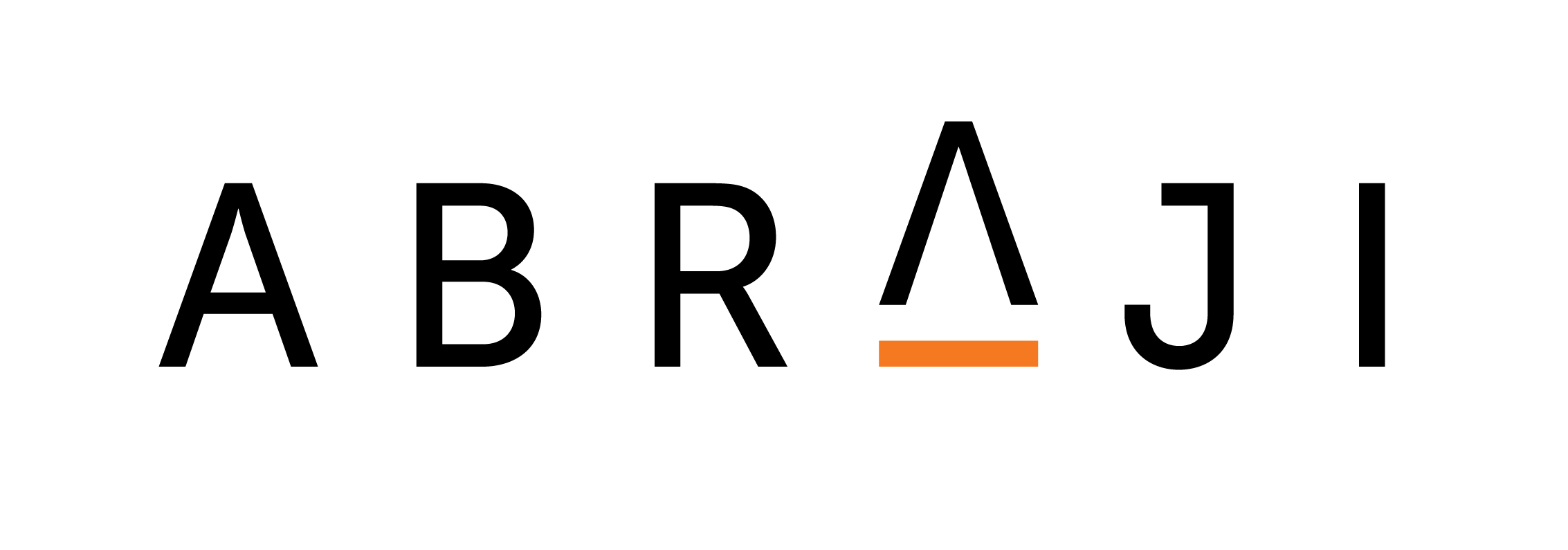Journalists generally have the First Amendment right to film or photograph public spaces and events, including police activity at protests. What else can they, and can't they, do when reporting from a protest?
- Journalists don’t have special information gathering rights under the First Amendment. In this context, they simply share with members of the public the right to be in a public forum (like a park or sidewalk) and gather information there.
- Public forums are subject to time, place, and manner restrictions. They can affect where, when and how a journalist gathers information. For example, a park might close at 10 pm, meaning a journalist could not be there after that time to gather information.
- Be aware, too, that a small number of states restrict a journalist’s ability to make audio recordings of private conversations, but those restrictions would not apply to audio recordings of police officers and others at a public protest where they would lack a reasonable expectation of privacy.
- If you’re on private property, or on public property that has been leased to a private party, the owner or tenant may control your access to the space and otherwise set rules regarding what you may do there.
- Journalists don’t need credentials to gather information in a public forum, because they have the right to be there as members of the public.
- Journalists are not allowed to trespass or commit crimes to gather information, and if they do, the First Amendment will not protect them.
- Journalists have general protections under the Fourth Amendment against unreasonable searches and seizures, and they have additional protections under the Privacy Protection Act, a federal statute that commands law enforcement officers to get a subpoena, instead of a search warrant, to search or seize the journalists’ documentary or work-product materials.
- The US Supreme Court ruled recently that the police may not generally, without a warrant, search the contents of a mobile phone seized from a person who has been arrested.
- Law enforcement may not delete footage, photographs, or social media posts from your devices, nor can they force you to do those things.
- Police may order you to stop doing things that are actually interfering with legitimate law enforcement activities.
Some practical advice
- Carry journalistic credentials, and clearly identify yourself as a journalist to police. This should establish that you are there to gather news.
- Always keep a government-issued photo ID (in addition to credentials) in your pocket. It may speed up your release from custody.
- If you are stopped by police, ask the officer, "Am I free to go?" If the officer says no, then you’re being detained, and the officer must have reasonable suspicion that you have committed, or are about to commit, a crime. Ask the officer what crime you are suspected of committing.
- If arrested, politely insist on speaking to your lawyer, and request that all further questioning stop until the lawyer is present.
- Consider writing your lawyer’s number on your arm before going into the field.
- Editors and news directors who send journalists to cover stories that may result in arrests should have on hand phone numbers of criminal lawyers and bail bondsmen. Also, know the name and phone number of the police department spokesperson, who may be able to help.
- Even though the police may not generally, without a warrant, search the contents of a cell phone seized from an arrested person, think carefully about what is on your phone and delete or otherwise remove any sensitive data—before going into the field.
- If arrested, journalists should verbally state that they don’t consent to a search of their phone.
- Use a password to protect your phone’s contents, and be mindful of your phone’s location while in the field. If the police ask for or even demand the password, politely refuse and request your lawyer.
- If using your phone to take pictures and video, consider using a service that uploads the media directly to a remote server. That way, if your phone is confiscated or something happens to it, you have access to the content elsewhere.
Sources: Freedom of the Press Foundation, Columbia Journalism Review’s Press Freedom Correspondent Jonathan Peters, Reporters Committee for Freedom of the Press and Electronic Frontier Foundation.
Image by AFP




























































